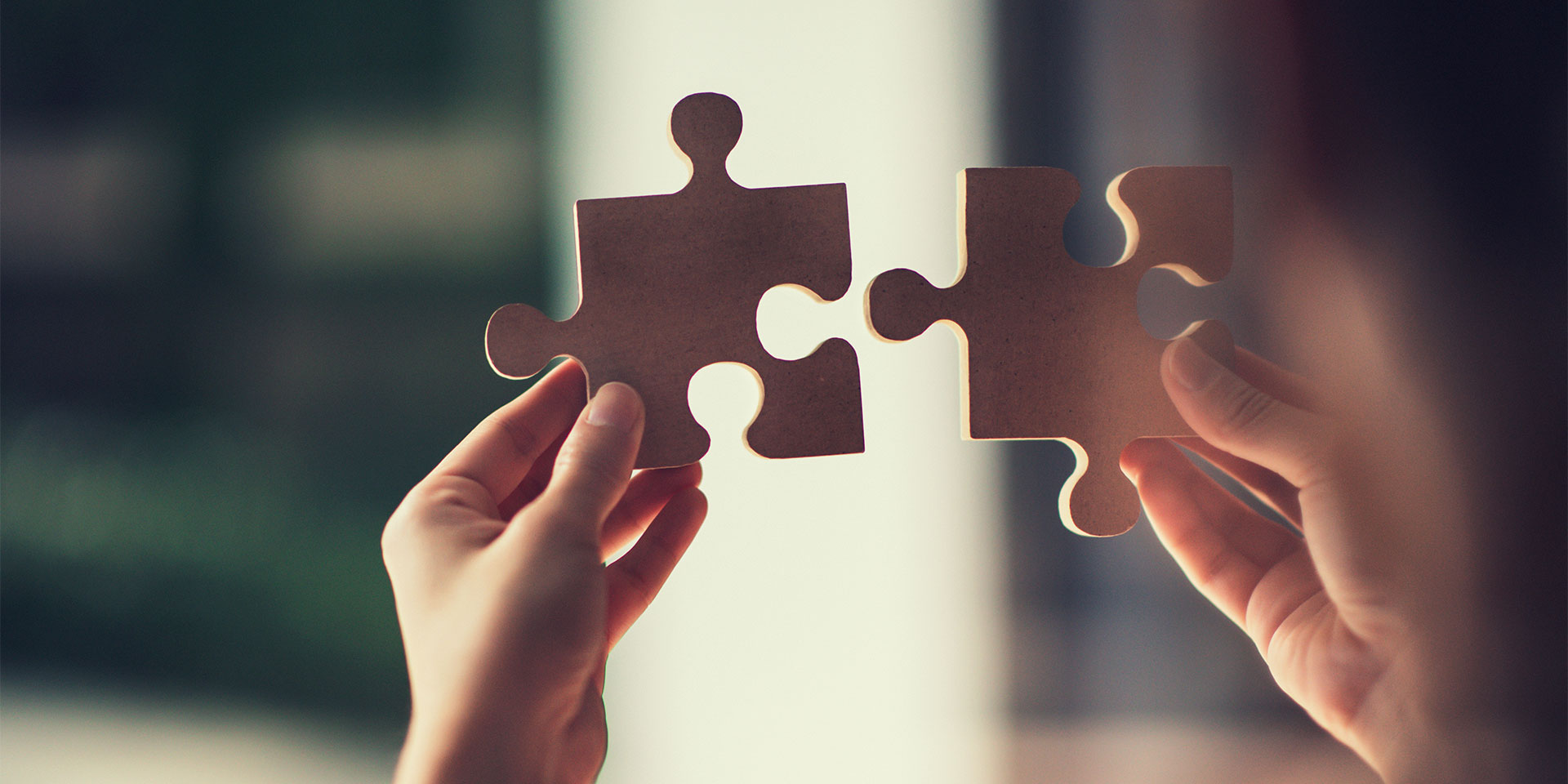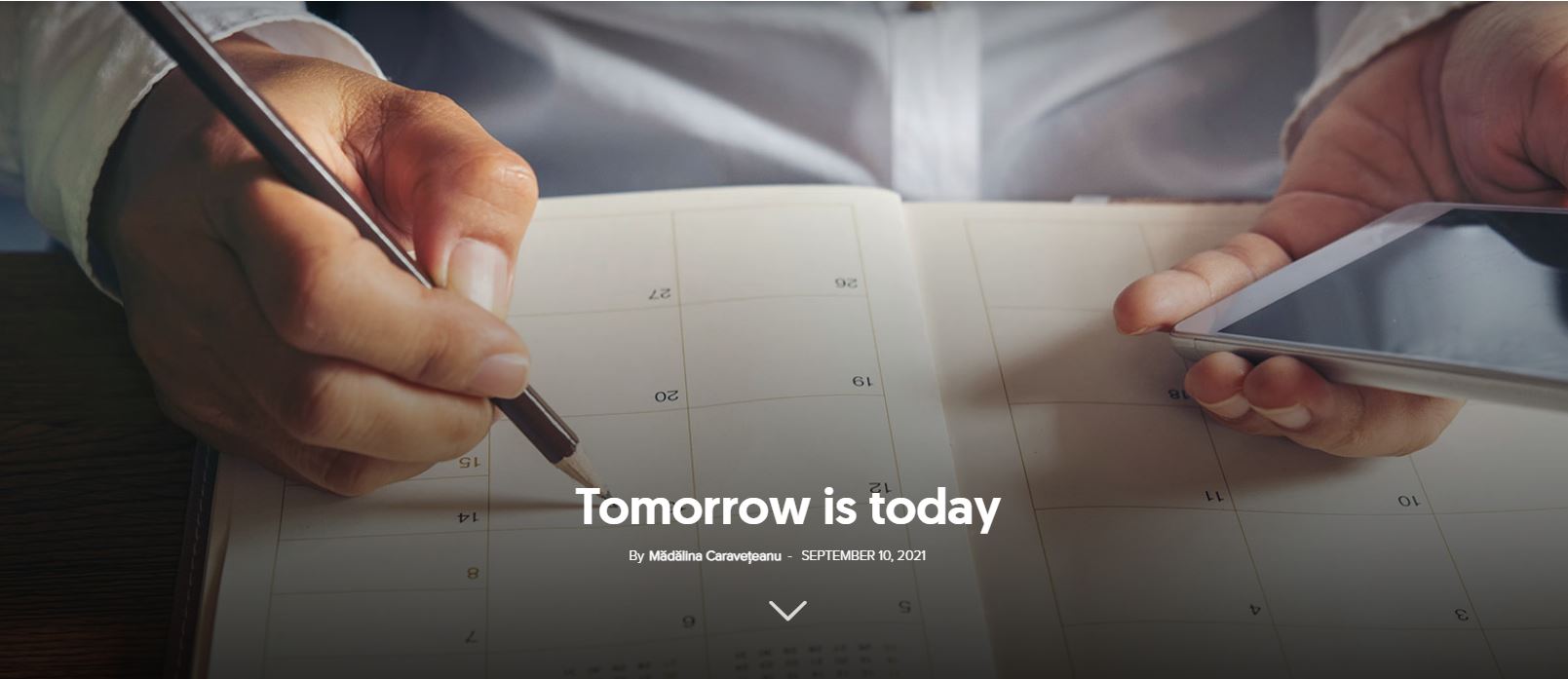Out of the endless series of events we experience, some we remember, and others we do not. Some often come to mind and we relish recounting them, while others we wouldn’t reveal for anything in the world.
How can we explain the selection we make? What is the role of stories in shaping one’s own self-image, and in developing connections with others?
This dialogue with Dr Carla Gober-Park, religion professor and director of the Center for Holistic Health at Loma Linda University, will help us find some answers to these fascinating questions.
Dr Gober, I’m excited to see you again after 15 years, and to be able to have this discussion.
It’s also a special occasion for me.
In the meantime, you have spent several years studying and doing research.
I studied theology and nursing in parallel. I have always wanted to combine faith and health. I finished two master’s programs in public health and marital counselling. In the meantime, I also got a PhD from Emory University School of Religious Studies, Atlanta. The topic of my dissertation was autobiographical memory.
I’ve never heard of such a thing. It’s like one of our interviews, I assume…
Exactly. It’s about the moments in our lives that we remember. Another form of memory is automatic memory. When I cross my legs, I’m not using autobiographical memory, but motor memory, which I use without thinking. Autobiographical memory helps us reminisce.
Is it a voluntary process? Should we use it more often, less often, more competently?
Whenever we talk about our past, we turn to autobiographical memory. We use it for many purposes, for example, to teach someone something. Jesus used it a lot for this purpose. He told us to look carefully at the flowers in the field and the birds. He taught people through parables, through familiar things. We also use it to entertain those around us. But most of all we use it in our minds to know what to do next.
I remember working in the garden as a child. I couldn’t stand gardening. Cleaning the place is what I hated the most. We had to take the stones from the furrows and throw them away. I couldn’t stand this. My father, however, taught me to be disciplined. Now, when I plant something in the garden, I do the same. I first remove the stones, dig, plant and then water the plants. What I did as a child teaches me how to do it now. I get emotional just by thinking about it.
I wonder why I hated it then, and now I like it. Back then I was building structures in my mind. Once you have the patterns, you get to apply them when you’re older. Childhood memories are very important and we need to strengthen them for the rest of our lives. These are the templates we will use when we come of age. Those who have no childhood memories will struggle during adulthood, because they have no patterns to teach them how to act.
Why do some people have no childhood memories? Is it a storage issue?
No.
Is it a selection process?
That’s right.
A filtering takes place.
Yes. It depends on the type of attachment one had as a child. It can be an unstable attachment to one’s mother, father, or caregiver. There are many things that can lead to an insecure attachment.
Betrayal, abandonment…
Not always. There are much simpler issues. In 25-30% of American families, children have unstable attachments. What does this mean? The parents failed to have a good relationship with the child. Abandoned children have this problem too. However, this also happens to children who are not abandoned, but who have not been able to have a good relationship with their parents. It’s a psychological issue. This is achieved through eye contact, through the way parents take care of their children and understand them. If the connection is uncertain, the children will not store pleasant memories. They will shrink into themselves.
Memories will be vague and ambiguous.
Exactly. They will have very few memories when they grow up. They only become aware of this when they realize that they do not have many childhood memories. However, they don’t know why. They don’t have many benchmarks to guide them in making decisions and they don’t know why. They are like a rudderless boat.
They can go either way… they lack continuity.
The same goes for our interview. If we manage to establish a connection, we will remember these moments for a long time. However, if you are interviewing a person with whom you have not established a relationship, they will forget you quicker. In order to have beautiful memories, there must be a connection. The connection is very important. For example, if you are standing in line and you are not paying attention to the saleswoman, you won’t remember her.
But if you establish a connection by, for instance, telling a joke, and laugh together, you will remember that moment. This will be yet another moment that will guide you in the future. Whenever we establish a connection, we keep a memory that will help us in the future. We want to have as many guidelines as possible in the decisions we make.
Isn’t it dangerous to pay attention to too many people, to too many things? Isn’t there a risk of overwhelming our memory?
There is no danger. We use very little of our brain capacity. We will not be left without space, no matter how many connections we establish. We may not remember the person’s face or name, but we will remember the meeting, whether it was significant, or whether we established a connection.
You got me thinking. I often don’t remember people’s faces. I meet certain people, and then I meet them again and they seem familiar. I also know many names, but I can’t associate them with their faces.
It’s normal. But you will not forget the significant moments. Do you know what I remember about you and your wife from our meeting a long time ago? We laughed together. I don’t really remember what we talked about. Certain things are forgotten. But I remember we laughed together. That’s why it was a significant meeting.
In Romanian we have a saying: “Sing to me and I will call you ‘brother’.”
That’s right. The significance of the moment is very important.
Does this have anything to do with emotional memory, or is that a different concept?
Emotional memory is something else. Emotional memory exists without cognition. Traumas are related to emotional memory. It is not enough just to admit that this is what we are like. It is in our power to establish a connection, to be careful, to try to find meaning, to give value to people. We can give value to people, to experiences. When we are passing by the campus, instead of letting our minds wander, we can pay attention to where we are going, observe the flowers and the people we pass by.
We must be mindful of the moment. A connection is also created for our communion with God. We are all surrounded by the same wonders, beauties, and significant experiences. We all read the same Bible, which I see as a huge reservoir of significant events and emotions.
I remember a remark from the Bible: She “treasured up all these things and pondered them in her heart”.
This is the key. People thumb through Scripture. They read a text, then jump to another, and another. One of the most significant months of my life was the month I meditated on a single verse. I read and reread it countless times. I kept wondering what it meant. We project all kinds of representations and listen over and over again. When we have listened enough and well enough, we begin to hear other sounds. Then we will discover deeper meanings.
Returning to the events we recount about ourselves, isn’t there a risk of deceiving ourselves and telling the story as we would have liked it to happen?
It is interesting that memories are very flexible. We recount something and someone else claims that things happened in a different way. Things happened differently for different people. Once we recount something that happened, the memory changes. Every time we talk about it, something changes. We can’t stop this. That is why we must not blame those who talk about the same event in a different way every time.
We recount using the filter through which we then saw the events. It is said that if we look through pink coloured lenses, all things are beautiful. My mother is an extremely cheerful person. I inherited this. Because I was born with a predisposition to joy, I will have many beautiful memories, because that’s how I see the world. Depressed people tend to see the world in darker way. They can’t help it.
Not at all?
Not unless they choose to pay attention to other things. Sad people can choose, today, to pay attention to the happier things around them. We can start paying attention to other things, after which we will feel different.
Of the four temperaments, introverts, or melancholics, tend to meditate and process. You talked about observation and paying attention to events, people, and things. These people, however, tend to be sadder and are more at risk of suicide. Is there a contradiction here?
You’ve opened up Pandora’s Box. There are people who are more poetic. I don’t like the term melancholic, because it makes us think of something sad. I prefer to call them poetic, because they are very impressed with life. These people see things that others do not see. They can write poetry, unlike others. Such people may be more affected and sadder. However, they can also be happier, because they are more moved by everything around them.
Here’s what makes the situation complicated. As our abilities increase and our spiritual understanding develops, we all become more easily influenced by sad and happy things. In other words, when I spend time with people who have suffered, I become more aware of what suffering means. I grew up in poverty and I know what it means to be poor. When I dropped a coin, I would immediately pick it up. I look around and see people drop coins and leave them on the floor. I don’t understand them, because I was poor.
When we spend time with a lot of people, we start to be sensitive to certain things. I tell my students that probably the best education they can get is to spend time with the poor, with people from other cultures, from other religions, with wealthy people. A book cannot sensitize our hearts. Only people can do that. Then we will all become melancholic. We will all become poets.
And prophets.
That is right. We will understand the meanings and make the connection between heaven and earth. When we make the connection between God, the birds’ warbling, humans, and our hearts, we will begin to see these connections everywhere. We will have a deeper life.
Have you discovered among your students some who have special abilities to establish connections?
Sure. These are the students who have experienced pain.
Why is that?
When you have experienced personal pain and notice pain in others, a connection is created. Students who have divorced parents, who have suffered from an illness, who have experienced any kind of pain immediately manage to establish a connection with patients. Pain connects to pain.
What if their pain and loss are not resolved?
Then it’s more difficult. We do not encourage those who have not solved their problems to participate in simulations. Pain can surface with a simple role-play. Before taking them to a simulation lab, we ask them if they are in a crisis at that time. If the answer is yes, we do not register them for this kind of laboratory. We encourage them to protect themselves until they are healed. When we are hurt, we are not able to feel other people’s pain.
You said a book can’t raise awareness. However, books are useful.
If we’re talking about narratives, stories, then yes. If we read data, we will not be sensitized. If we read stories, that’s something else, because we can step into the narrative. We can get completely lost in a narrative. Then we can feel the pain and joy of others.
Will my question tempt you to write a book?
I have finally started writing a book. I’m writing a book on holistic healthcare. I’m also writing a book with stories about the golden moments when you can learn something.
Great. Can you now please describe the concept of holistic healthcare?
I run a centre that conducts research on this topic. People either have or do not have a binding element, something inside them that prevents them from falling apart. One can tell this after a few minutes spent together. When their lives crumble, do they have anything to hold them together? If this is the case, then it doesn’t matter what happens to their world, because they have something to hold on to.
You can see the difference between patients who have something to hold on to and those who don’t. If you enter a time of crisis and you don’t have that spiritual binder to support you, it’s hard to get it in time of illness. If you are torn to pieces and are confronted with divorce, or illness, you will be even more devastated. If you are not torn to pieces, then illness or divorce does not tear you down, it just generates a crack.
You have certain cracks, but you manage to stay in one piece. Actually, that wound or crack will become another story that you will share to help others. It won’t cause your disintegration. After a fracture, the bones weld back together even stronger. When we have a scar, we first try to hide it. Then comes a day when we start talking about our scar and how we got it. It becomes a part of us. It does not destroy us, but becomes part of our story. Perhaps, even a beautiful part of our story.
What is the relationship between trusting God and prayer, on the one hand, and seeking help or even getting involved in helping others?
The Bible says, “whoever refreshes others will be refreshed”. This is a very important connection. Faith and health go hand in hand. God created us to be able to combine them. We pray and work. I think these were given to work together. The body, the mind, and the soul work together. We can heal a person, even ourselves, when we take into account all of our components.
We end our discussion with an optimistic and provocative conclusion. Thank you, Dr Gober!
You may also like:



















